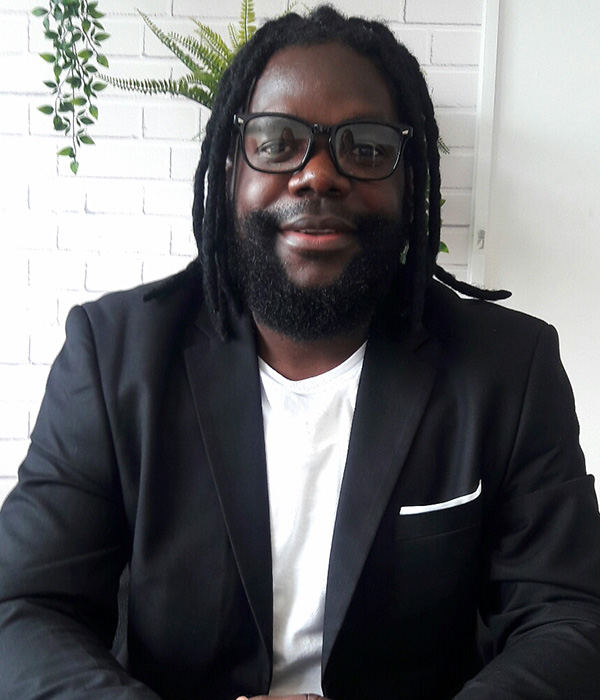About being a Banting Postdoctoral Researcher
What does receiving a Banting Fellowship mean to you?
It is really an honour to be among the few emerging research leaders who get to receive Canada’s most prestigious postdoc fellowship. It is also a well-deserved recognition that Black and African communities and Ubuntu can contribute significantly towards making Canada and the world even better places. Indeed, this fellowship expresses the Government of Canada’s confidence in my ability and that of my host department and supervisor at McMaster to do important work to enhance equity, diversity, and inclusion in health and healthcare settings.
Tell us about your Banting research.
Through my Banting research, I will critically examine how fathers help mothers to get prenatal care within their cultures in rural Zimbabwe.
In Zimbabwe and much of sub-Saharan Africa, more mothers and children die in rural than urban areas during pregnancy or childbirth because of limited access to care. In most sub-Saharan African cultures including Zimbabwe, fathers and extended family members help pregnant mothers to access care to ensure healthy pregnancies and safe births. Yet, these support systems are rarely considered in mainstream prenatal care programs in these regions. Using a mixed-methods approach, I will conduct interviews and focus groups with health professionals, community leaders, and adult parents to explore how they understand how fathers help pregnant mothers to get care and what factors influence such support. I will also analyze data from multiple Demographic and Health Surveys to understand how fathers’ support towards mothers in getting prenatal care has changed from 2004-2022 in rural Zimbabwe. My research will provide new evidence that can be used to create policies to strengthen how fathers support mothers to get care during pregnancy and childbirth in ways that fit their cultures in rural Zimbabwe.
About postdoc life
What inspired you to pursue a postdoc at McMaster?
McMaster is a top university worldwide for health services and policy research and has a deep commitment to promoting equity, diversity, and inclusion. Its Department of Health Research Methods, Evidence, and Impact, my host department, focuses on developing new health research methods, generating and synthesizing actionable research evidence, and achieving impact. My supervisor, Lawrence Mbuagbaw, has vast expertise in epidemiology and public health research in sub-Saharan Africa and in supervising postdoc researchers who are now leading similar work. All these aspects provide an excellent fit for my research program and a strong foundation to build and enhance the impact of my work beyond the postdoc.
What aspect of your postdoc are you most excited about?
I am most excited about the unique collaborative interdisciplinary approach to research, teaching, and learning at McMaster and the Department of Health Research Methods, Evidence, and Impact. This is also reflected in Lawrence’s work, including his leadership in several public health research and policy forums in Canada and internationally. All of this presents rich opportunities for me to connect and work with researchers and policymakers from multiple disciplines, and to build partnerships to maximize the impact of my work.
When you’re not busy being a postdoctoral researcher, how do you like to spend your free time?
For me, there’s no such thing as free time. Outside my postdoc work, I spend quality time with my family and friends, work out, bike ride, travel, experiment (often terribly!) with new recipes, garden, read Charles Mungoshi, Dambudzo Marechera, Chinua Achebe, Ng?g? wa Thiong’o and the like, and mentor young leaders in Zimbabwe.
Beyond your Banting postdoc
After your postdoc, what do you see as the next step in your life journey?
I plan to make even more significant contributions, most likely in a scholar-advocate position, to improve the health and lives of children and families in resource-constrained settings in Canada and sub-Saharan Africa. I think I am much more effective a global citizen when I integrate my research, teaching, and policy advocacy contributions around poverty, maternal and child health, and child welfare issues. Ultimately, if I can help reduce those problems I care about in some small way, then my lifetime will have been well-spent.
